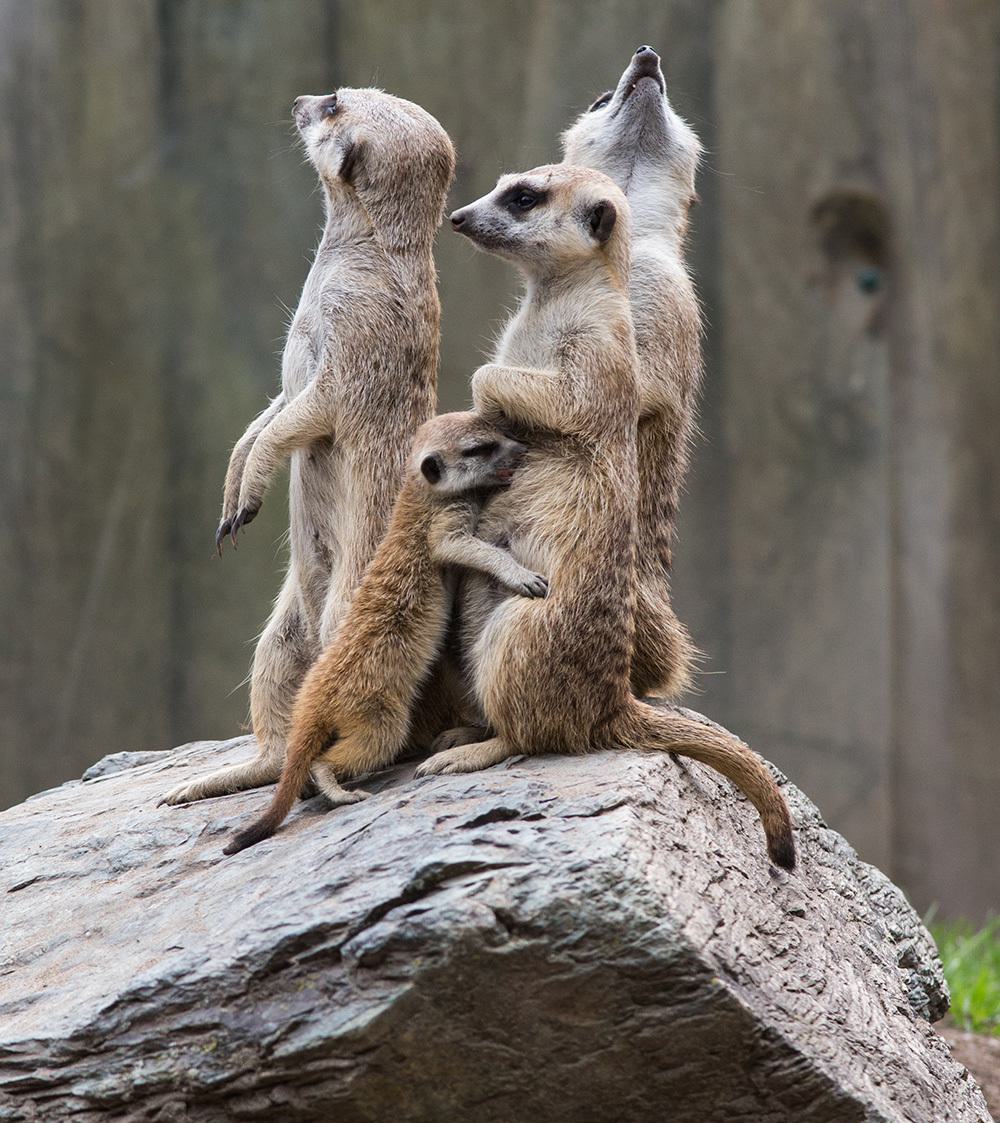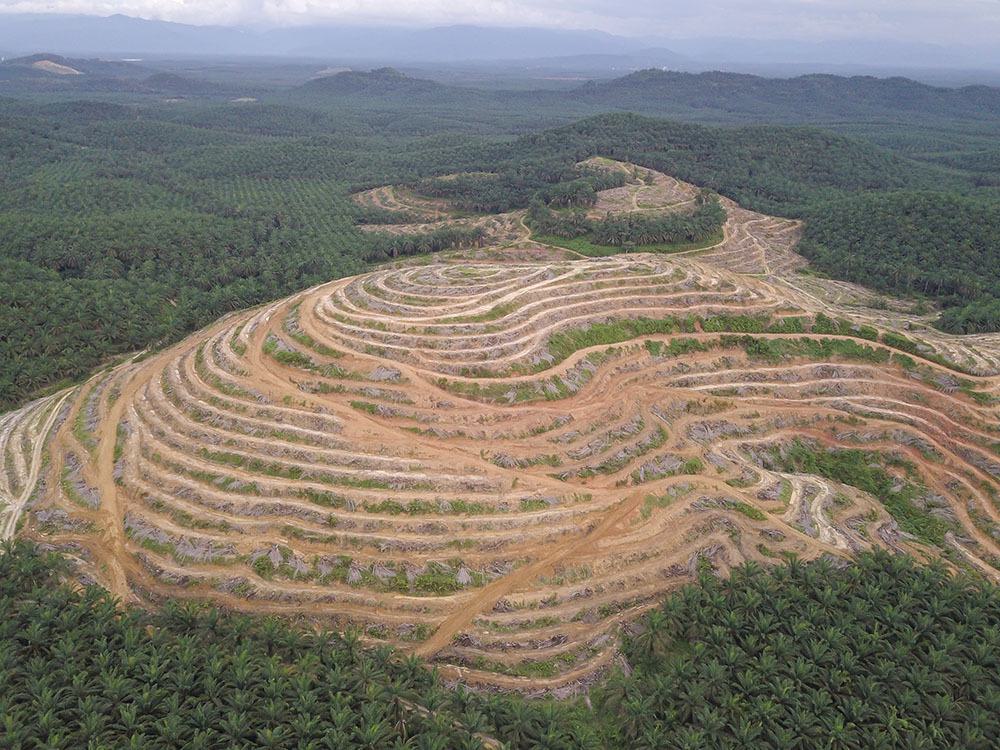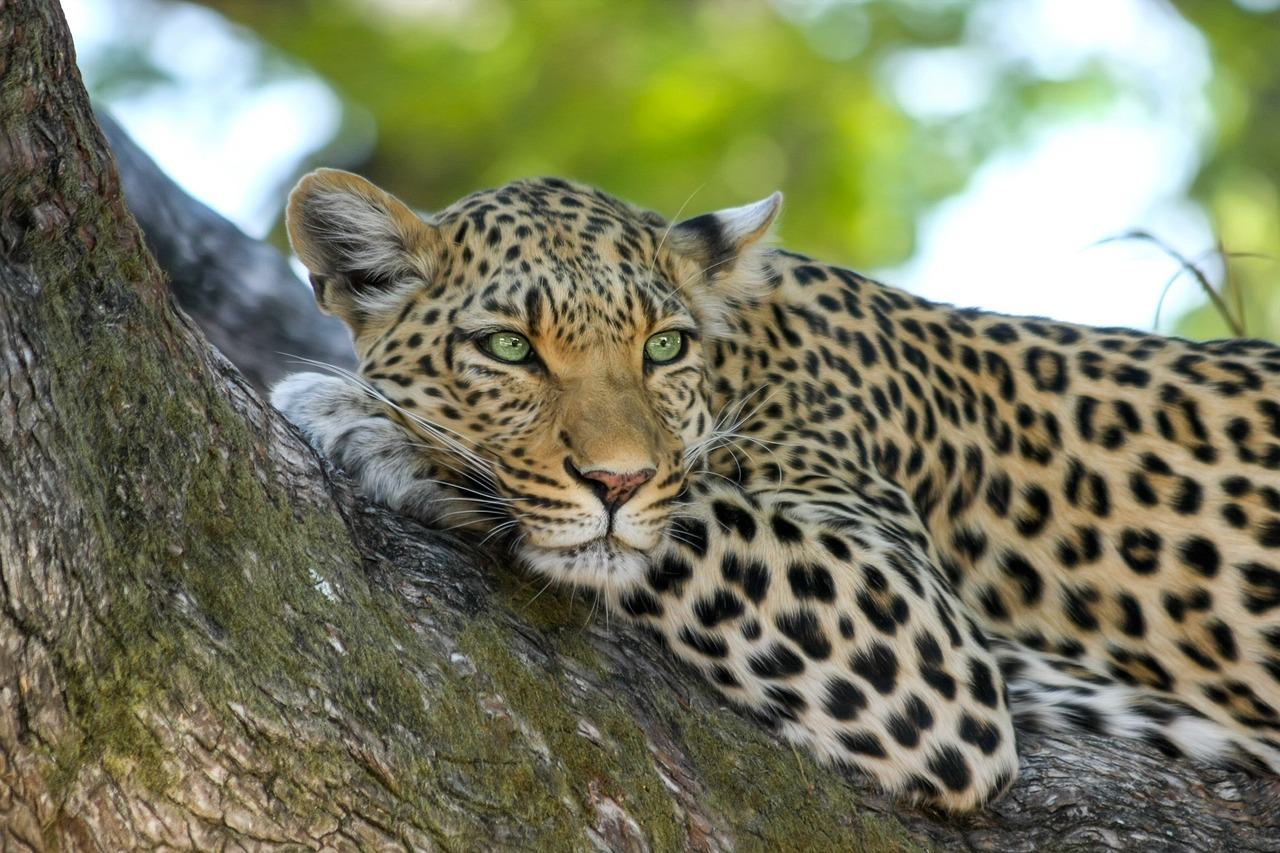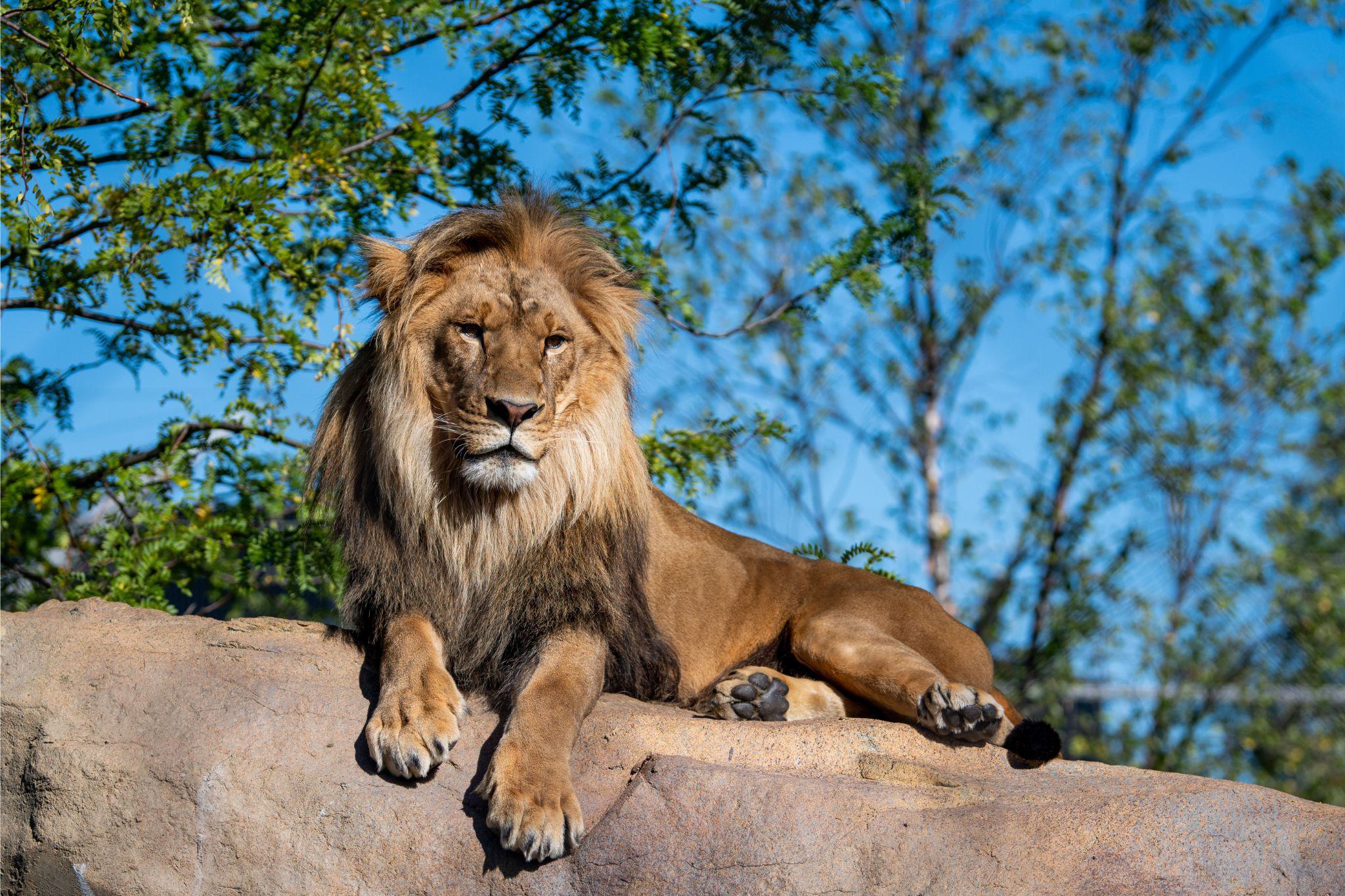World Animal Day
Uniting everyone for the Survival of Threatened Species
There are certain days that we mark on our calendars with a “white paw,” and October 4 is one that we truly hold to heart: it’s World Animal Day, as decreed by the United Nations.
Big or small, with a beak, baleen or fangs, it’s THE time of year to remember the importance of each species and why we need to take action to protect our biodiversity.
From mosquitoes to halibut to elephants, the survival of the human race is inextricably linked to that of animal species, and it’s high time to concern ourselves with their fate!


An alarming situation
No, the situation isn’t all aglow for most of the world’s species.
We estimate that more than a million of the approximately 8 million species on Earth are threatened with extinction, including 41% of amphibians, 26% of mammals and 37% of rays and sharks. One third of the planet’s coral reefs as well as marine mammals are also said to be at risk.
Why?
Because cohabitation with humans is becoming increasingly difficult. Natural environments are less and less wild, with more areas being modified, altered and transformed to accommodate urban sprawl, livestock farming, agriculture and the exploitation of natural resources.
More than 28 million hectares of forestland is being cut down every year—the equivalent of one football field per second, no less!
It’s also estimated that the rate of animal and plant species extinction is currently 1,000 to 10,000 times higher than their natural rate of extinction.
Is it too late?
Not at all!
Especially since our own survival depends directly on the natural environments and living species with which we share our beautiful planet. So now is not the time to give up!
These invaluable resources provide us with countless services, some of which we often underestimate.
For example, 80% of flowering plants are pollinated by animals, such as bees, but also bats, birds and other insects. Without pollination, there would be no seed, nut or fruit production, all essential to human nutrition.
The world’s oceans meet the protein needs of nearly 3.3 billion people, particularly in coastal areas, and provide an income for over 800 million people.
Every day, a spider consumes the equivalent of its weight in insects that are often considered harmful. In fact, we estimate that they catch between 400 and 800 million bugs every year, ridding the fields and vegetable gardens of these pests in a perfectly natural way!

How to get involved?
It takes only a few examples to understand the importance of taking action ... but how can you get involved?
The good news is that accredited zoos like the Zoo de Granby are part of the solution!
More than 200 million people, like you, visit one of the 235 accredited organizations of the AZA (Association of Zoos and Aquariums) every year. Every time you choose such an institution as your destination, you’re taking action to protect species at risk.
Each year, more than 215 million Canadian dollars are invested by these organizations in nearly 2,500 conservation projects in more than 100 countries around the world.
In 2022 alone, the Zoo de Granby invested a record amount of more than half a million dollars in various conservation projects unfolding in the natural environment. Its awareness-raising activities in the field and in schools are also helping to make a greater number of people more conscious of the important ecological role played by each species.
Zoos and aquariums support conservation organizations that operate in natural environments and work tirelessly to find solutions for ensuring a harmonious, but above all sustainable, cohabitation between human and animal populations. Industries, governments, communities and zoological institutions: we’re all part of the solution!


